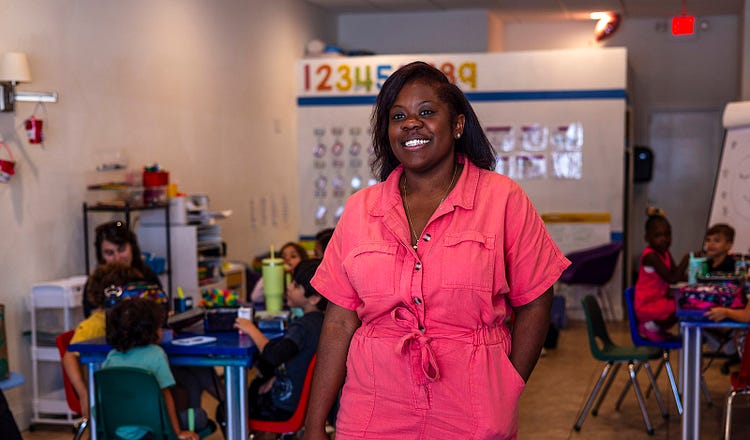The Return of the One-Room Schoolhouse

Four years ago, Brittany Jean was a special education teacher at a Miami charter school, trying to manage 100 students. Now she’s running a microschool. (Saul Martinez for The Free Press)
The single, small classroom where kids learn everything together is back—and it could be the start of a revolution.
122
Four years ago, Brittany Jean was a special education teacher at a Miami charter school, trying to manage 100 students who all had learning needs she didn’t have the time or resources to properly address. Now she’s running something called a “microschool,” spending all day long in one classroom with the same 15 kids, who range in age from 4 to 7, where …
Continue Reading The Free Press
To support our journalism, and unlock all of our investigative stories and provocative commentary about the world as it actually is, subscribe below.
$8.33/month
Billed as $100 yearly
$10/month
Billed as $10 monthly
Already have an account?
Sign In

